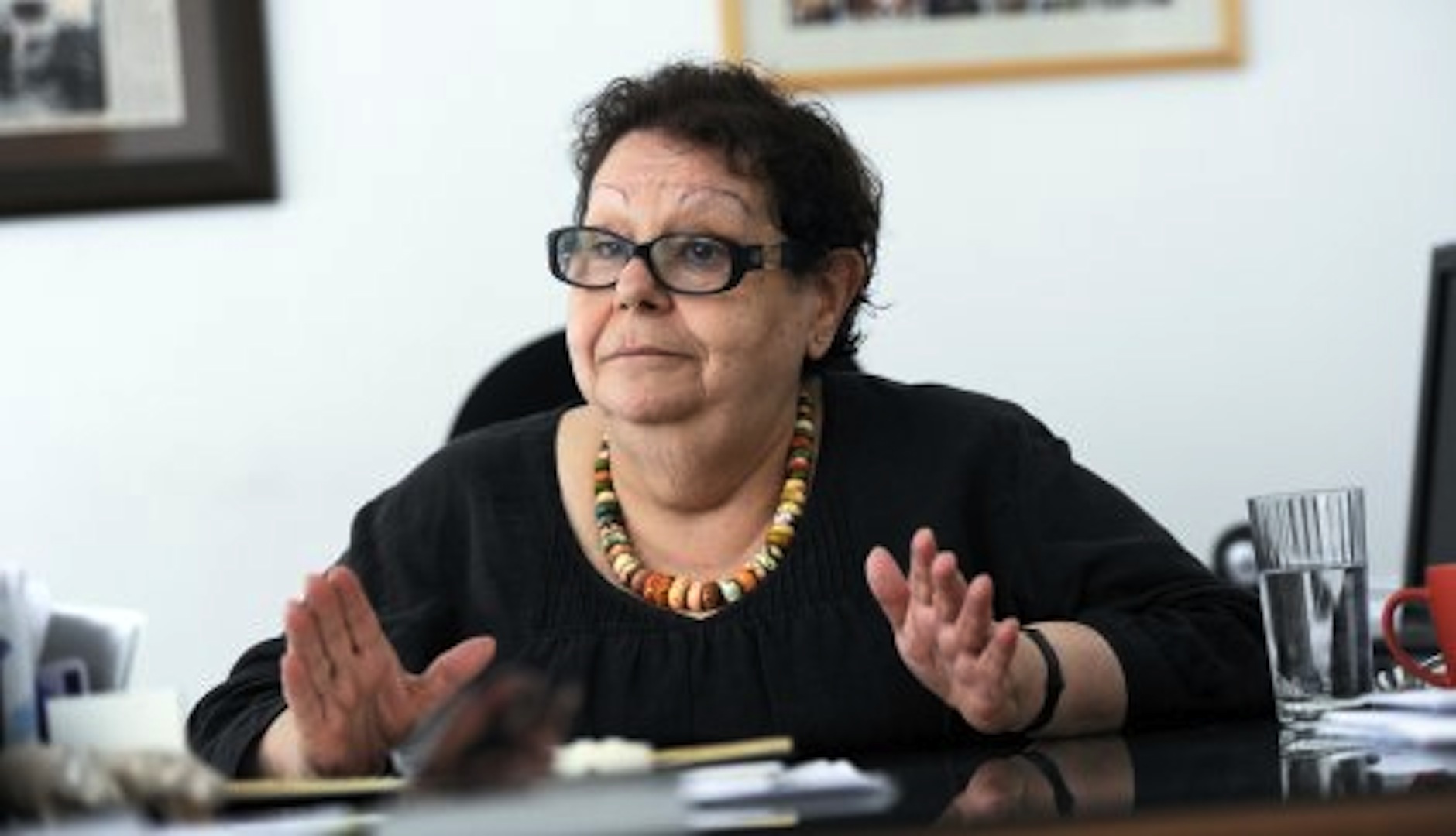Photo: Vesna Lalić for “Blic”
Sonja Licht’s interview for daily “Blic” with Tamara Spaic
One of the best experts on international relations in our country, consistent in advocating the policy of Serbia joining the EU, Sonja Licht comments on the fact that the long-discussed reforms have not yet begun:
“It is difficult to understand why this is so, since research shows that two-thirds of our citizens want reform. Actually, there are more of them who are willing to support the reform than joining the EU”.
Why?
The political class is afraid of reforms. We talk a lot about the cuts (in terms of spending and excess labor force) that will be painful, but the more the time passes, the more painful it will be.
I remember this research undertaken by the Centre for the Study of Alternatives, called “Wasting People’s Time”. I think that there’s much to run away from, which explains this surge in populism – said in an interview for “Blic” president of the Belgrade Fund for Political Excellence.
What is the risk if we see one party receiving tremendous support, opposition becoming almost nonexistent, and then we see that there is no de-politicization of public sector?
First of all, you should stop with the negative selection and give people with quality the actual opportunity to work.
In the National Assembly, for example, over one hundred people were employed within one year without any proper competition. Is this a matter of kinship and party connections, perhaps?
I do not know who was employed; however, since our Fund cooperates with the Assembly and regularly receives this message that people able to provide expert support to MPs are needed, you quickly learn how little will be done without genuine will in the Parliament.
And if it really employed 100 experts…
It would be immediately felt in the Assembly.
That’s not reform?
I agree. We need a plan to retain and attract those who know and who will honestly work. But they must be seriously reckoned with, and not dismiss them the first time they say something not convenient. To quote the prime minister, we need a change in consciousness, and that change has to come from his party. There must be critical public. It’s hard to imagine anyone – apart from a saint, maybe – to self regulate and control.
At this point, our opposition is weak and we are left without critical public. If those in power do not cultivate critical opinion, they are making themselves a disservice. Responsibility of the people in the ruling party’s overwhelming.
What does that mean?
Populism must be limited. The Government must be prepared to fall in four years once it introduces unpopular measures.
Is the policy “EU and Russia” sustainable?
At this point it is the only possible policy. Membership in the EU is a priority, but there is the necessity of maintaining intensive relations with Russia, America and China. What else can a small country at this geographically turbulent position do? We were told in the late eighties – after the Cold War ended – that there would be no more geopolitics. The situation has dramatically changed: the geopolitics is back in a big way. For us, things have become complicated. It is much better to be on the Scandinavian Peninsula, of course, but one cannot choose. On the other hand, this region remains on the path of European integration.
Is there any benefit from this situation?
Because of all the problems facing Europe there is a serious chance that the Western Balkans will enter the EU earlier than previously thought.
And what about the thesis is that Serbia still has to align itself precisely because it is small?
If you want to be a member of the EU, you have to accept the Common Foreign and Security Policy of the Union. EU is not only an economic community; it strives, step-by-step, to become a political community. The debate between the Euro-Atlantic and Eurasian agenda has not yet opened fully. I believe that there must come to an understanding and rapprochement. But we’ll have to make a choice between these two strategies.
And what about the “South Stream”?
This is something that does not depend on us. Commissioner Barroso has said the EU has nothing against “South Stream” if they accept the rules of the EU that one entity cannot be both the manufacturer and distributor. It’s not only about the relationship with Gazprom but also with others; look at Microsoft. One of the solid principles of the EU is the fight against monopolies. For us it is important to boldly develop alternative sources of energy because it reduces dependence and increases our security.
“Germany wants to help, but is not willing to go easy on us”
“Germany looks at Serbia as a future member of the EU. She wants to help, but is not willing to go easy on us. Figures that with just the fact that you will not let go but it is expected that Serbia must do everything in order to strengthen the country. Germany can be genuine support Serbia in implementing European reforms. I remained fascinated with how people from the German ministries were interested to develop economic relations and identify important partners in Serbia. Parliamentarians are among those most visible, and should be, but there are many people who will come here and we should think of them as well.”













